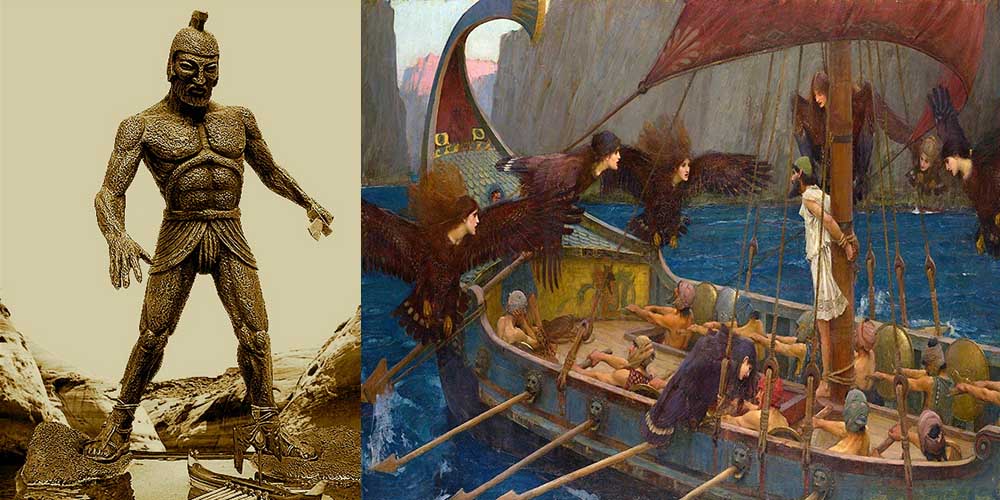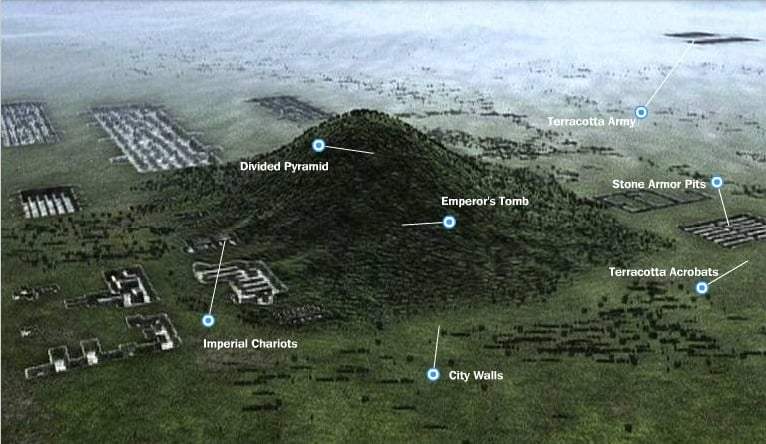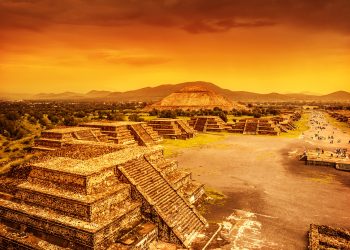The ancient Greeks are renowned for their incredible architecture, mighty warriors, and revolutionary thinkers, but according to a newly published book, they also predicted the rise of artificial intelligence, killer robots, and self-driving cars. Historian Dr. Adrienne Mayor believes the ancient Greeks foresaw some of the technologies we use today thousands of years ago. In her book, “Gods and Robots: Myths, Machines, and Ancient Dreams of Technology,” Dr. Mayor delves into how the Greek god of metalworking and invention, Hephaestus, designed and built machines that were early predictions of humanoid robots.
What Greek mythology offers
Greek mythology features the bronze killer robot Talos, who protected the island of Crete, and Pandora, who Dr. Mayor believes are similar to androids now being built by companies like Boston Dynamics. Talos is considered the first robot-like creature in human mythology, while Pandora was a “wicked AI fembot” programmed to release eternal suffering upon humanity. Dr. Mayor’s book includes numerous other examples of how the ancient Greeks predicted much of today’s technology.
In the future
Although the ancient Greeks may not have known how technology would function, they foresaw its rise in society. Dr. Mayor highlights evidence of pilotless vehicles in Greek civilization, such as Odysseus’s Phaeacian ships, which she compares to modern GPS technology. She also explains how the Greeks anticipated the rise of artificial intelligence and service robots. Hephaestus built mechanical humanoids from gold, equipped with learning, reason, and skill, as described in Homer’s Iliad.
Golden “Humanoids”
These golden humanoids were designed to anticipate their master’s requests, acting much like self-learning machines today. Dr. Mayor also points to Homer’s epic poem, which describes self-driving wheeled tripods that carry nectar and ambrosia. She suggests that modern-day companies such as Google, Apple, and Amazon could learn a great deal by looking back at the history of the ancient Greek civilization.
Join the discussion and participate in awesome giveaways in our mobile Telegram group. Join Curiosmos on Telegram Today. t.me/Curiosmos
Join the Conversation!
Have something to share or discuss? Connect with us on Facebook and join like-minded explorers in our Telegram group. For the latest discoveries and insights, make sure to follow us on Google News.











